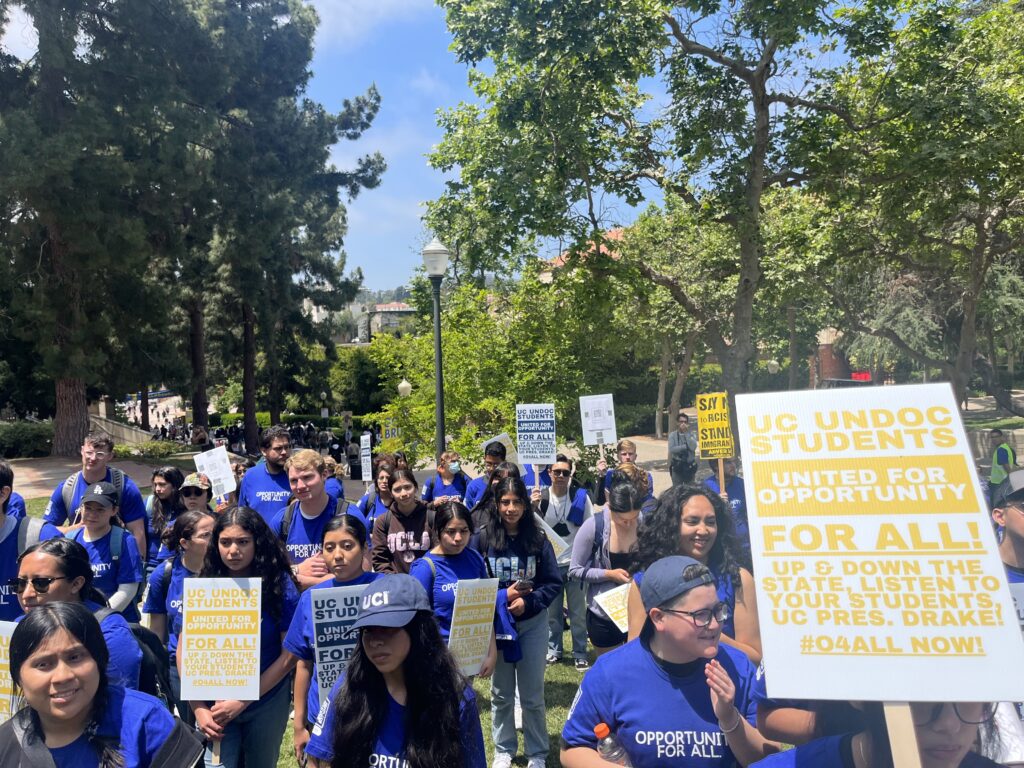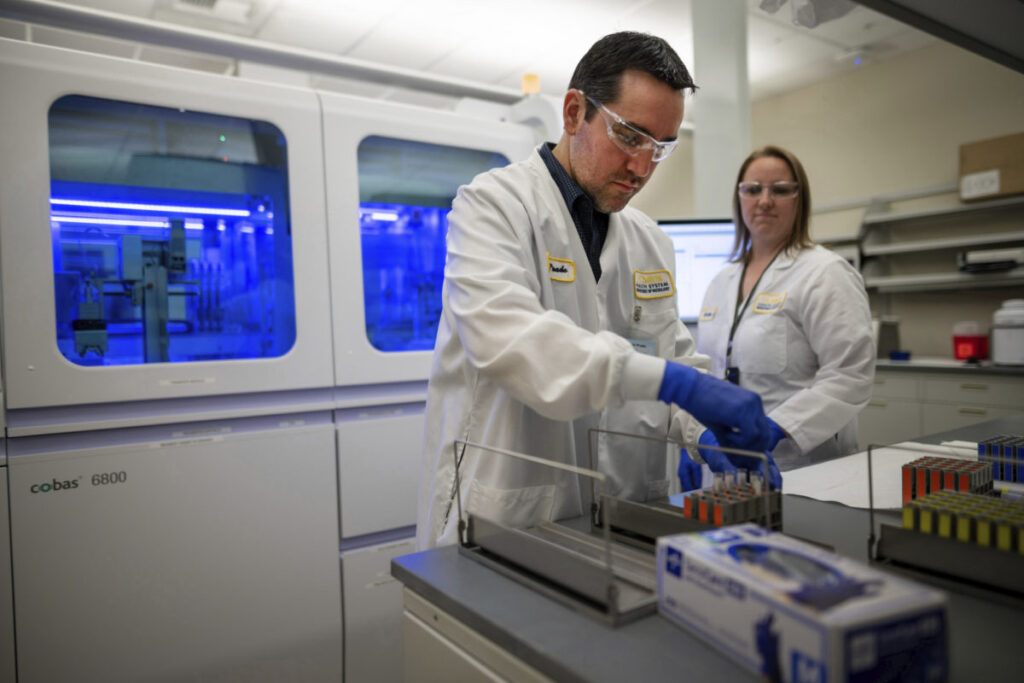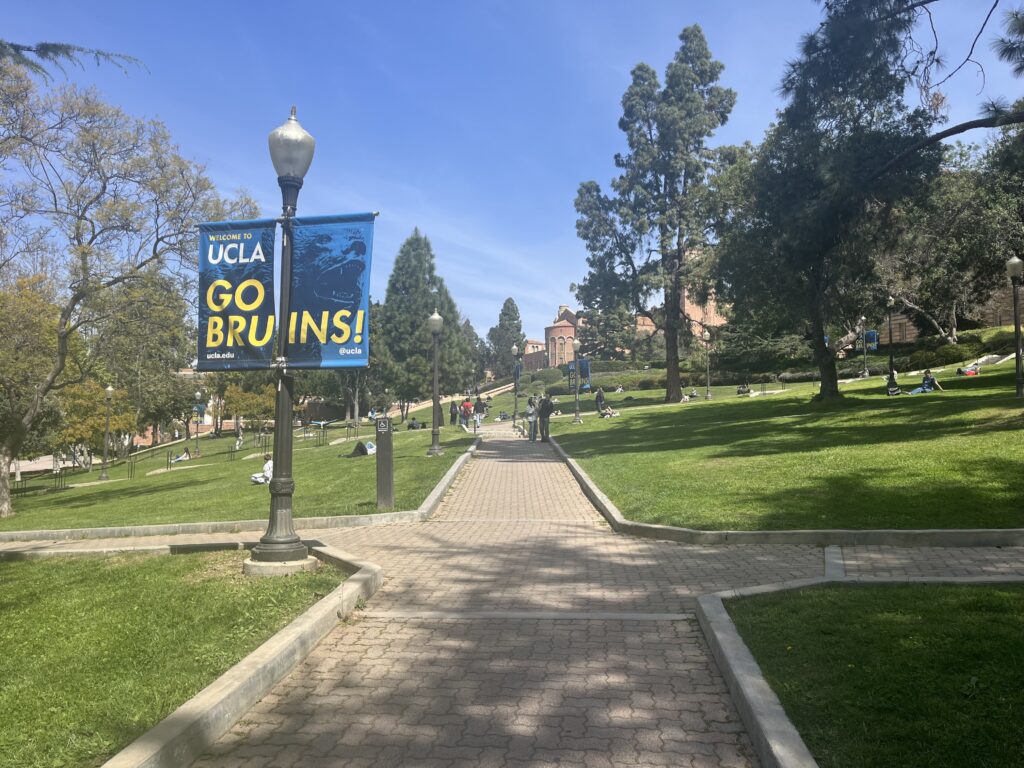The Texas Monthly points out that the state was supposed to get an emergency coordinator for its weather service. But that person was never hired because Trump ordered a freeze on all federal hiring the day he took office.
The Texas Monthly reported:
The prospective hire was meant to help solve a persistent problem in dealing with Texas’s many natural disasters: translating warnings about extreme weather into appropriate action. By late January, the National Weather Service’s Fort Worth office had selected a meteorologist to serve as an “emergency response specialist” within the Texas Division of Emergency Management, which coordinates the state’s emergency-management program. The new hire, part of a nationwide reorganization of the National Weather Service, would have “embedded” at the TDEM to help decision-makers prepare for and respond to extreme weather. If all had gone according to plan, the federal meteorologist would have been working elbow to elbow with state emergency responders during the July flooding in Central Texas that killed at least 135.
But when Donald Trump took office on January 20 and announced a federal hiring freeze that day, the new hire hadn’t yet started. The role was left unfilled. “We just couldn’t quite dot all the i’s and cross all the t’s before the federal hiring freeze hit,” said Victor Murphy, the climate-service program manager in the Fort Worth office who took early retirement in April after 45 years with the NWS. “Lives may have been saved or could have been saved, but we’ll never know.”
In the aftermath of the floods in Kerr County and others parts of Central Texas, officials questioned whether staffing shortages in the National Weather Service—the result of the hiring freeze as well as DOGE-led early retirements and firings—had damaged the federal agency’s ability to accurately forecast the extreme rainfall and warn about the extraordinary flooding that would quickly follow. Many meteorologists pushed backhard on this narrative. They said the Austin/San Antonio office, which covers much of the Hill Country, performed adequately despite the cuts, with reasonably accurate forecasting and timely flood watches and warnings. Still, others have asked whether the NWS’s messaging to the public and to emergency responders could have been more aggressive.
The axed TDEM role would have worked to make sure the NWS’s forecasts and warnings were understood and heeded, serving as a liaison between the local, state, and federal governments, according to a job description and interviews with those involved in the hiring process. The emergency specialist would’ve “provided TDEM with eye-to-eye, one-on-one expert analysis,” including during weather emergencies, Murphy said. Texas gets a lot of wild weather. Residents and even decision-makers may need help distinguishing between a typical gully washer and extremely dangerous flooding, between a hard freeze and a life-threatening winter storm.
The TDEM job was part of a sweeping reorganization of the National Weather Service that began under the Biden administration. As part of the modernization effort, NWS officials were in the process of placing meteorologists in each state emergency-management office to help decision-makers. But the Trump administration effectively scuttled the project and decimated the agency’s existing workforce. NWS staffing levels were reduced by roughly 600 employees, to fewer than 4,000, in just a few months, according to Tom Fahy, the legislative director for the National Weather Service Employees Organization, a labor union. Texas weather offices lost between 25 and 30 employees—a count that doesn’t include positions left unfilled because of the hiring freeze. “The arbitrariness and capriciousness of it is just really, really sad,” said Murphy. “This TDEM job getting axed is an example of that.”
This week, media outlets reported that the Trump administration is planning to fill up to 450 jobs at the federal agency. It’s unclear whether the TDEM position is included.
Hindsight is 20/20. We will never know.






